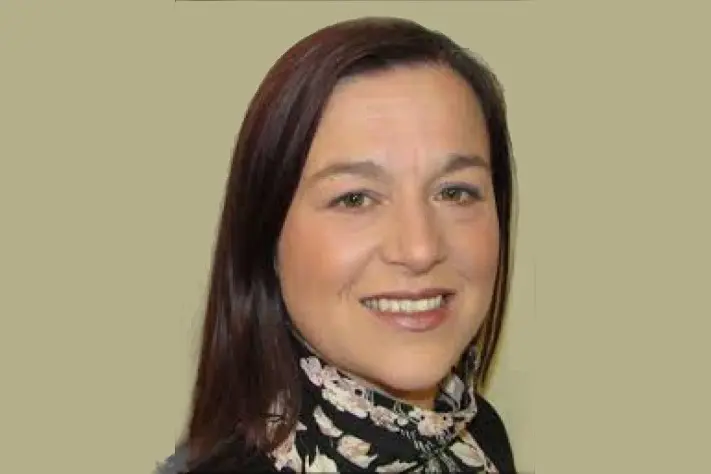4th September 2019
In her recent blog, “Closing the word gap – The leadership role of health visitors by Wendy Nicholson”, Wendy described the PHE and DfE programme, together with the crucial role of health visitors and the wider workforce in promoting healthy speech, language and communication skills in the early years. Nine months into the programme, Jo Howes, Health visitor advisor at Public Health England provides more detail on the Health Visiting training currently underway across England.

In response to the Bercow report, the government announced its ambition to halve the number of children who do not achieve the minimum communication, language and literacy goals by the end of reception year by 2028. Investment from the government in the Social Mobility Action Plan, “Unlocking Talent, Fulfilling Potential”, has created opportunities for health visitors to embrace the challenge and play their part in the wider response needed to achieve this vital ambition.
Public Health England (PHE) provides professional leadership and guidance for public health nurses to inform local delivery. As part of that role, we are now leading the wider programme of work including the provision of a cascade model of training for experienced HVs in speech, language and communication (SLC). PHE has commissioned the Institute of Health Visiting to develop and deliver the new SLC train the trainer model of training for health visitors. The ambition is to reach the whole health visiting workforce across England.
Health visitors, through their leadership role, are well placed to focus on early identification of language delay and promotion of early language development. The training links to the 4-5-6 delivery model and specifically to the early years high impact area of health and well-being of the child aged 2yrs.
The training has 2 key aims:
1. To increase knowledge of:
- typical /non-typical speech, language and communication development in all children;
- the impact of speech, language and communication needs on long-term health and wellbeing outcomes for children;
- the application of evidence-based strategies to promote speech, language and communication development with all children and families.
2. To increase confidence and ensure that HVs:
- identify risk factors for SLCN through assessments;
- use evidence-based strategies to support families when a SLCN is identified and consider methods to demonstrate impact of the interventions;
- identify SLCN appropriate for referral to speech and language therapy and /or evidenced-based support through local pathways.
The training will equip health visitors with new evidence and interventions to support conversations in partnership with families on SLC. The materials shared in the training will support families to build on their strengths whilst also enabling HVs to identify any known risk factors or emerging difficulties. Key interventions include:
- delivering the key messages of Chat, Play, Read using resources such as those from the DfE Hungry Little Minds campaign and the BBC Tiny Happy People resources;
- using daily routines and everyday interactions as the context for modelling language;
- small group targeted interventions.
We want to ensure that HVs are equipped with key evidence-based messages and with evidence-based knowledge in SLC to share with colleagues and, crucially, parents. We will also look at opportunities to embed the work as well as continue the conversations to make sure this training has the greatest impact for all our families.
Health visitors who have undertaken the training are being supported by the Chief Nurse, Maternity and Early Years directorate at PHE, through local Communities of Practice.
Progress to date is encouraging with 500 health visitors already trained and a further 500 receiving training over the next few months. The programme has awareness locally of making their SLC pathways meet the needs of all children. The wider programme of work includes the development of a SLC pathway and guidance to support commissioners and practitioners. These will be published in the autumn.
Additional sources of information:
- www.bercow10yearson.com/
- https://www.eif.org.uk/report/language-as-a-child-wellbeing-indicator
- https://www.rcslt.org/speech-and-language-therapy/where-slts-work/childrens-services
- https://educationendowmentfoundation.org.uk/public/files/Law_et_al_Early_Language_Development_final.pdf
- http://www.thecommunicationtrust.org.uk/resources/resources/resources-for-practitioners/talking-about-a-generation/
Jo Howes, Health visitor advisor at Public Health England

